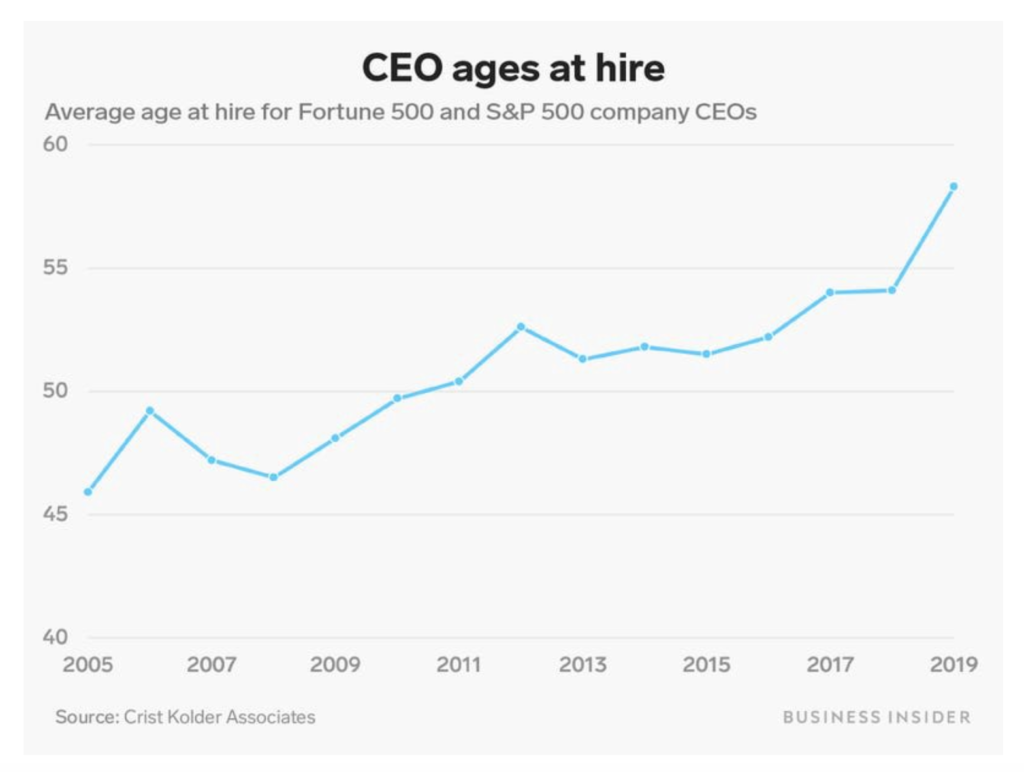I’m not an alarmist, but this Coronavirus thing is getting serious!
While this isn’t a big deal in the U.S. I respect the fact that the CDC and WHO are telling us all we need to get prepared. That Covid-19 is going to have an impact on our daily lives. In HR, we tend to be the ones who are responsible for the preparation of stuff like this in our organizations.
So, what should you be doing at your company to ensure your employees are safe and you stay Covid-19 free!?! (Editor’s Note: Tim is not a doctor or a medical professional, his advice might actually kill you. Continue reading at your own risk.)
#1 – The Fist Bump!
The what, what!?! Shaking hands in the U.S. is still a thing. You know I like hugging, but holy crap, a really good hug could kill a person nowadays! That being said, I’ll still be hugging, even if it kills me. I’ll die happy. There’s actually research, from the American Journal of Infection Control, showing that a better greeting to limit virus exposure is a Fist Bump! By the way, a wet handshake or sloppy cheek kiss is definitely going to give you the virus!
That’s right, just a quick fist bump if you must have physical contact with the person you are coming into contact with. Also, stop wearing the masks, there are also studies that have shown those don’t actually work at all and you just creep everyone out!
#2 – If you are sick, don’t be a hero!
Cue Enrique Iglesias Hero song…Tim whispering “Let me be your hero…” Was there anyone sexier when that song came out and he’s in that stocking cap!? And that accent! Stop it. I’m straight and I’m fairly sure I thew my boxers on stage.
Look if you’re sick, DO NOT come to work. But my boss thinks I’m faking!?! Look, if your boss thinks that, you’ve probably given them a reason and you should be worried. Still don’t come to work and kill our entire company, you moron!
#3 – Cancel your travel to the hot zones!
No, that’s not the Cayman Islands! Yes, it’s quite temperate there, but we’re talking about traveling to places where they have known outbreaks. Next week isn’t the time to “get back into” China! “Hey Billy, buy a ticket! We’re heading to Wuhan!” Traveling on an airplane is one step away from patient-zero on your best days. I’m fairly certain I’ve had patient-zero sitting behind on three flights already this year!
If you do have to fly to the non-hot zone, be smart. Dudes! Yes, I’m talking specifically to you. I see you in the airport bathrooms taking a leak and then walking out without washing your hands! That is beyond gross! It could kill you! Two words – Antibacterial Gel! Use it. Wear it. Gargle with it! (Editor’s note: Do not gargle antibacterial gel, Tim is an idiot!).
I’m going on record right now that this entire Covid-19 thing got started by dumb dudes who don’t wash their hands after using the restroom.
So, what have we learned today?
– Fisting good.
– Enrique sexy.
– Dudes are gross.
Stay safe out there my friends and get prepared! This is not a warning!



